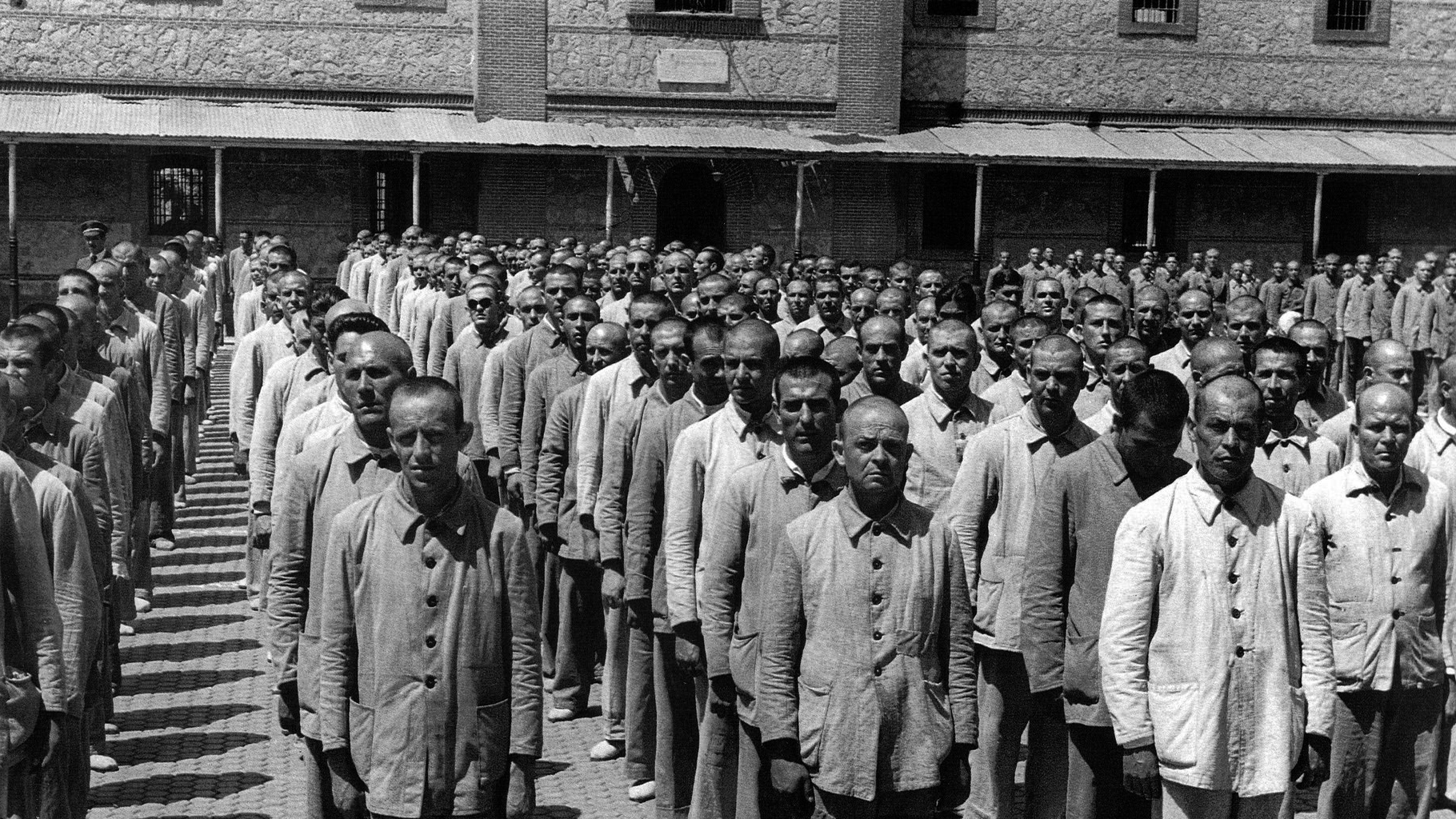
Synopsis
After the success of Franco´s Settlers, their first encounter with Franco’s dictatorship, filmmakers Dietmar Post and Lucía Palacios now tackle one of the most undisclosed chapters of European history: the allegedly organized extermination that took place in Spain under General Franco’s fascist dictatorship between 1936 and 1975 after he established his power with the help of Germany, Italy and Portugal. To this day no one has been prosecuted for the regime’s systematic atrocities; victims haven’t been rehabilitated. Over 100,000 people are still missing.
After a Spanish judge´s attempt to accuse Franco and his generals for crimes against humanity failed in 2010, Franco’s victims filed a complaint in Buenos Aires, known as “Querella Argentina”. Now for the first time, an Argentinian investigating judge, María Servini, has issued 24 international arrest warrants against high-ranking representatives of the Franco dictatorship. The filmmakers accompany her as she tries to initiate court proceedings against the accused, proving that a reappraisal of Spain’s darkest chapter is long overdue.
Franco on Trial debates specific crime cases presented in the Argentinean Lawsuit. By interweaving never-before-seen archival material with current footage and by delivering a historical contextualization of each case the film itself demonstrates new evidence. In one of the key scenes, the film creates a sense of the impending lawsuit’s actuality when one of the suspected perpetrators is confronted directly with the accusations by the plaintiff, the investigating judge and the plaintiff’s lawyer.
The film has been in the works for over 8 years. During that time the directors managed to gain access to people from both sides of the conflict, including the daughter of a general in the 1936 coup who still counts a silver-framed portrait and personal present of German Nazi-leader Hermann Goering among her possessions.
Franco on Trial reveals an almost forgotten part of 20th century European history and raises the question: Will the so-called “Argentinian Complaint” become a Spanish Nuremberg?
play loud! productions
Lucía Palacios y Dietmar Post llevan trabajando juntos más de veinte años. Su primera colaboración es el cortometraje de ficción Cloven Hoofed, que celebra su estreno en el Festival de Rotterdam en 1998. Entre 1995 y 2002 Lucía y Dietmar viven en Nueva York, donde fundan en 1997 la productora play loud! productions. Desde entonces se dedican tanto a la producción cinematográfica como musical. En 2002 se trasladan a Berlín, ciudad en la que aún residen. En el año 2008 reciben el premio más prestigioso de la televisión en Alemania, el Adolf-Grimme-Preis, por su documental Monks-The Transatlantic Feedback. Y en 2006 otra película suya, German Pop & Circumstance, es nominada para el mismo premio.
La periodista de El País Elsa Fernández-Santos considera que la obra de Post y Palacios “se aleja de la narrativa del espectáculo”. Al igual que otra pareja de cineastas, los Straub-Huillet, huyen “de la sopa sonora, de ese ruido que empasta las imágenes cinematográficas e introduce en ellas la falsa emoción a cambio de distorsionar su verdadero sentido”. O como el crítico de cine Juan Zapater afirma sobre su película “Los colonos del Caudillo”: “Poco ruido y mucha verdad en alto”.
Sus documentales se caracterizan por la representación de múltiples perspectivas y por las exhaustivas entrevistas con los protagonistas (ellos las llaman conversaciones), lo que permite a los espectadores sacar sus propias conclusiones.
En 2018 publican el libro “Los colonos del Caudillo: ejemplo de la marginación del documental de indagación”, con el que abren una discusión sobre la función y el significado del documental en las sociedades democráticas y de cómo el neoliberalismo influye la estética y el contenido del cine documental actual.
Desde hace diez años play loud! trabaja también en la creación de un amplio archivo bajo el título “play loud! (live) music series”, una serie que tiene como objetivo preservar y archivar música, inspirándose en las ideas de Alan Lomax, John Peel y la primera generación del “direct cinema”.
Filmografía (selección)
1996 – Bowl of Oatmeal (cortometraje)
1998 – Cloven Hoofed (cortometraje)
2002 – Reverend Billy & The Church of Stop Shopping (documental)
2006 – Monks: The Transatlantic Feedback (documental, EEUU)
2009 – Klangbad: Avant-garde in the Meadows (documental)
2013 – Los colonos del caudillo (documental)
2014 – Donna Summer: Hot Stuff (documental)
2015 – Damo Suzuki & Sound Carriers: Live at Marie-Antoinette (documental)
2016 – German Pop & Circumstance (documental)
2018 – La causa contra Franco (documental)
